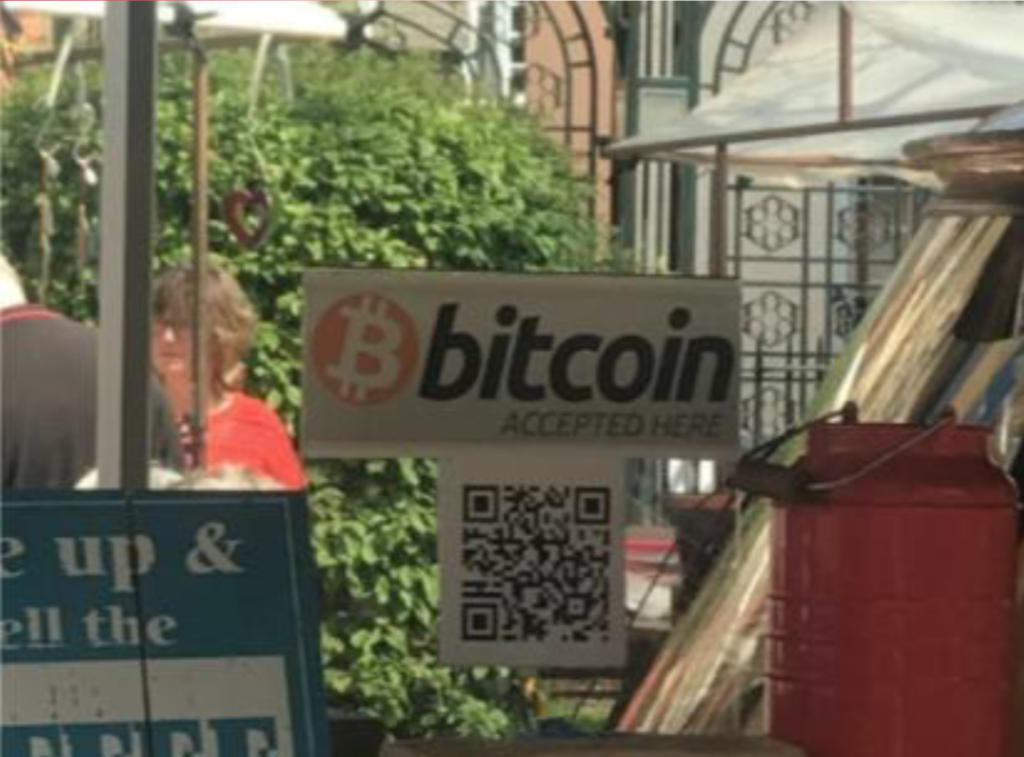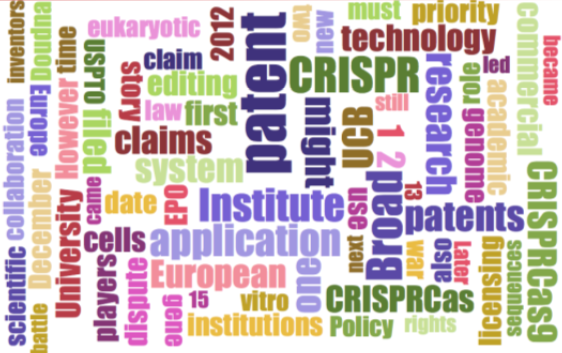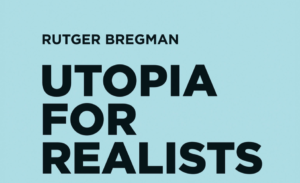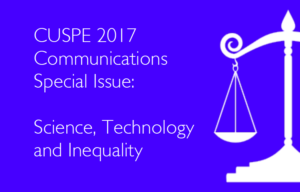Blockchain policy inertia: Where’s the disruption?
By Aisha Sobey
Blockchain has been framed as a technology that could alter the shape of the world dramatically in the coming decades, influencing how we act and govern ourselves as a society, as the decentralised nature of Blockchain means that these networks wouldn’t be controlled by one person, group, corporation or government. Reuters expects blockchain to be disruptive, to move from simple applications to displacing central market competitors, in many areas such as healthcare, tax and accounting, politics and entertainment. In healthcare for example, the nature of blockchain means it can be used in patient records, to increase consistency, remove duplication and aid in sharing information between relevant authorities.








